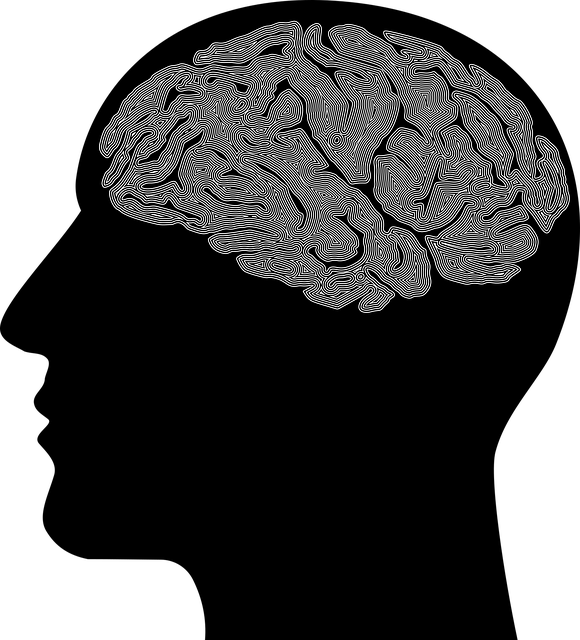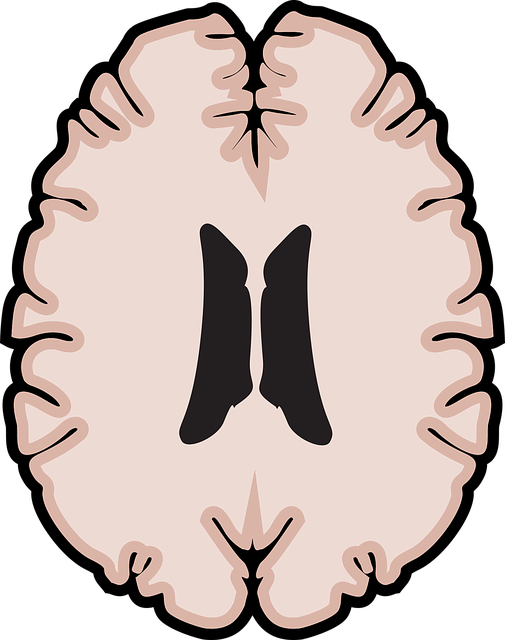Depression, a serious mental health issue with varied symptoms, is addressed in Boulder through comprehensive mental health evaluations and therapy-based treatments. Early detection, understanding risk factors like genetics and trauma, and reducing stigma are key strategies. Boulder's programs focus on self-awareness, emotional resilience, and coping mechanisms using techniques like CBT, mindfulness meditation, and stress management workshops to prevent and manage depression effectively.
Depression is a prevalent and serious mental health condition that affects millions globally. To prevent this debilitating illness, understanding its symptoms and risk factors is essential. This article explores three key strategies for depression prevention. Firstly, it delves into recognizing the signs and risk factors of depression. Secondly, it highlights the crucial role of Boulder Mental Health Evaluations in identifying potential issues early on. Lastly, it discusses effective therapy approaches to foster long-term mental wellness, emphasizing the importance of professional support. By implementing these strategies, individuals can enhance their resilience and overall well-being.
- Understanding Depression: Recognizing Symptoms and Risk Factors
- Boulder Mental Health Evaluations: A Crucial Step Towards Prevention
- Effective Therapy Approaches for Long-Term Wellness
Understanding Depression: Recognizing Symptoms and Risk Factors

Depression is a common yet serious mental health disorder that significantly impacts an individual’s daily life and overall well-being. Understanding depression involves recognizing its symptoms, which can vary from feelings of persistent sadness and loss of interest to changes in appetite, sleep disturbances, fatigue, difficulty concentrating, and thoughts of worthlessness or suicide. In Boulder, mental health evaluations play a crucial role in identifying depression early on. These assessments, often coupled with therapy, provide individuals with the support they need to navigate their emotions and behaviors.
Several risk factors contribute to the development of depression, making it essential for people to be aware of potential triggers. These include genetic predisposition, significant life stressors like trauma or loss, chronic illnesses, substance abuse, social isolation, and a history of mental illness. Through comprehensive mental health education programs designed to reduce the stigma surrounding mental illness, Boulder residents can foster compassion cultivation practices that promote emotional resilience. Such initiatives empower individuals to recognize warning signs in themselves or others and seek timely intervention through therapy.
Boulder Mental Health Evaluations: A Crucial Step Towards Prevention

Early intervention is key when it comes to preventing depression, and Boulder Mental Health Evaluations play a pivotal role in this process. These comprehensive assessments provide an opportunity for individuals to gain valuable insights into their mental well-being before symptoms escalate. By engaging in therapy and self-awareness exercises, individuals can identify early warning signs of depression and learn effective coping mechanisms.
Boulder Mental Health Evaluations offer a safe space to explore thoughts, feelings, and behaviors, enabling professionals to tailor treatments based on individual needs. This personalized approach encourages the development of confidence-boosting strategies rooted in mind over matter principles. Through these evaluations, individuals can access the support they need, fostering resilience and promoting overall mental health before depression takes hold.
Effective Therapy Approaches for Long-Term Wellness

In Boulder, mental health evaluations play a crucial role in identifying depression and its root causes. Once diagnosed, effective therapy approaches can significantly contribute to long-term wellness. Cognitive Behavioral Therapy (CBT), for instance, is widely recognized as a game-changer in addressing depressive disorders. CBT helps individuals challenge negative thought patterns and replace them with more positive, realistic ones, thereby improving mood and outlook on life.
Additionally, mindfulness meditation and Stress Management Workshops organized by various organizations in Boulder have proven to be valuable tools in depression prevention. These practices promote self-awareness, emotional regulation, and coping mechanisms for stress, which are essential components of maintaining mental health. Integrating these techniques into daily routines can foster resilience against depressive episodes, enhancing overall well-being.
In the journey towards preventing depression, recognizing symptoms and understanding risk factors are essential first steps. Boulder Mental Health Evaluations play a crucial role in this process, providing an accurate diagnosis and personalized therapy recommendations. By exploring effective therapy approaches tailored to individual needs, individuals can foster long-term mental wellness and build resilience against depressive episodes.














